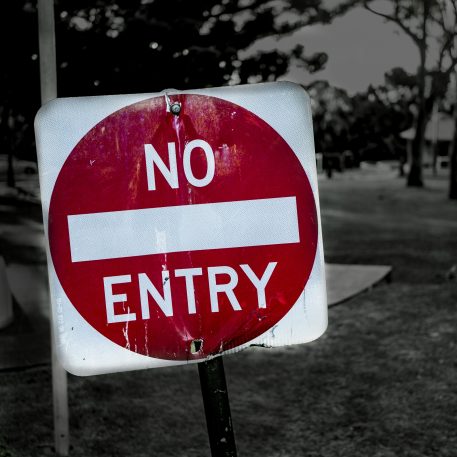
ECJ Advocate General: Member States not are allowed to deny judicial review of visa refusal
The Advocate General of the European Court of Justice has delivered an opinion concerning the case of a Moroccan national who was refused a Schengen visa by the Polish Consul in Rabat.
Although Polish law excludes the possibility of having a visa decision scrutinised by way of a judicial review, the foreign national submitted a complaint to the Provincial Administrative Court in Warsaw and later filed a complaint in cassation to the Supreme Administrative Court. The SAC, on its part, submitted a request for a preliminary ruling of the European Court of Justice, asking the ECJ to interpret certain provisions of a Community Code on Visas against the background of the EU Charter of Fundamental Rights.
In his opinion, Advocate General Michal Bobek stated that Article 32(3) alone required the possibility of an appeal to be provided and argued that the appeal may be administrative, judicial, or a combination of both. According to the Advocate General, this provision leaves it to each Member State to decide on the type of an appellate measure against visa refusals, provided that such a measure complies with the principles of equivalence and effectiveness.
On the other hand, as the Advocate General noted, Article 47 of the Charter of Fundamental Rights obliges the Member States to guarantee an effective remedy before a tribunal, which means that the Member States must ensure that visa refusals are subject to a judicial review.
The Advocate General also stated that, in his view, there was no “right to a visa” under EU law but accepted the existence of the right to have one’s visa application fairly and properly processed. As this is a right guaranteed under EU law, a foreign national also has the right to an effective remedy before a tribunal in accordance with Article 47 of the EU Charter of Fundamental Rights, read the opinion.
According to the Advocate General, Article 47 of the Charter of Fundamental Rights requires that at some stage of the proceedings there must be the possibility of bringing a matter involving the refusal of a visa before a court. That does not mean that the case would have to be heard by a judicial body immediately or that any of the bodies considering the case at earlier procedural stages would also have to be judicial in nature.
During the proceedings before the consul, the foreigner was assisted by HFHR lawyers.
The opinion was published on the website of the ECJ.


08.09.2017
 Cookies EN
Cookies EN